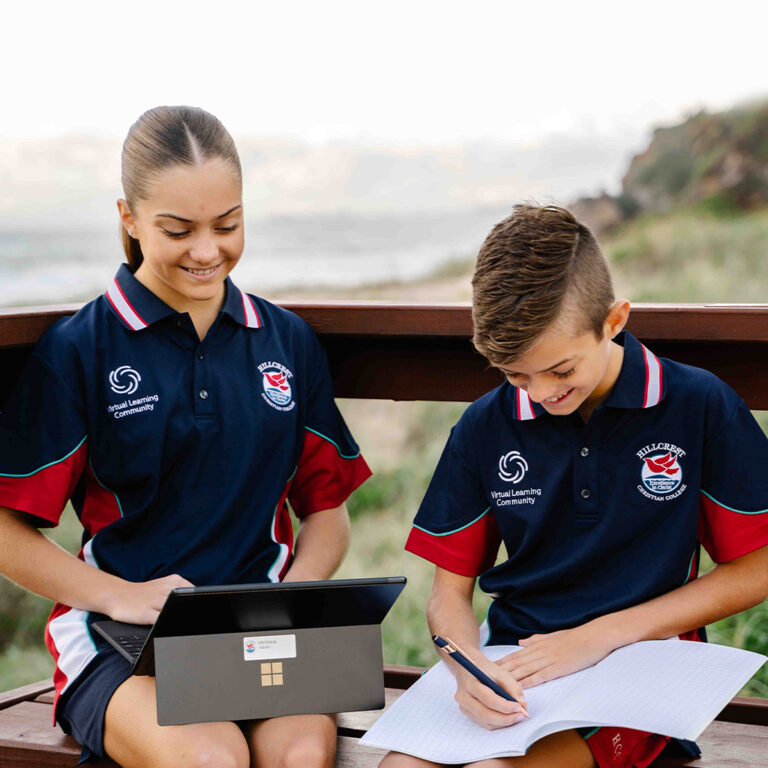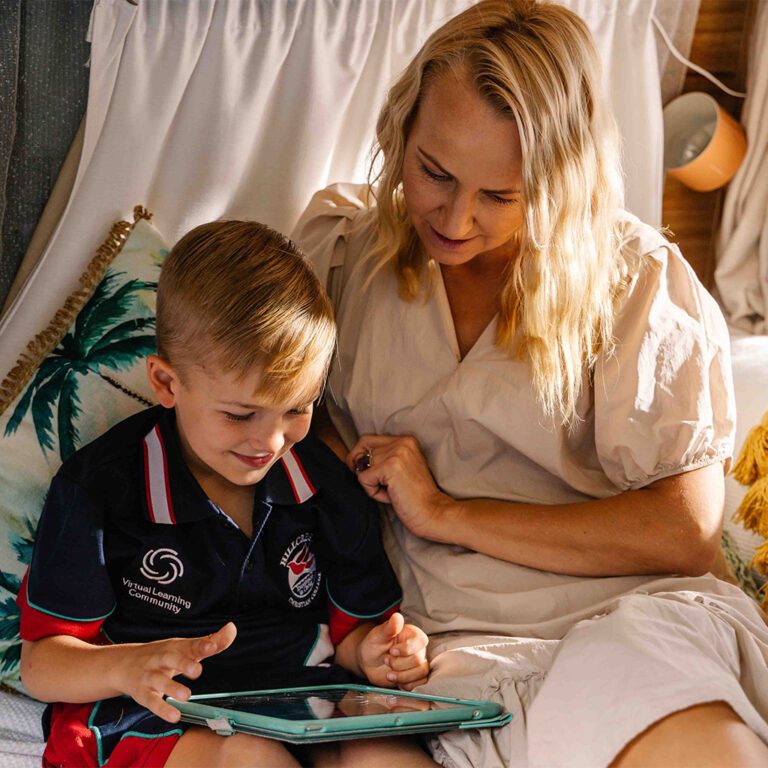The English language has numerous and conflicting rules for reading and spelling, so ILR uses a system of universally recognised colours and numbers to allow every English sound and word to be decoded.
ILR’s greatest gift to both teachers and learners is the provision of a language to talk about language, where early readers and non-English speakers have immediate access to the correct pronunciation of words, regardless of their complexity.
“It is unlikely that a child will learn the relationships between sounds and letter-symbols on their own. It is also generally accepted that it is harder to read and write in English because the relationships between sounds and letters is more complex than in other languages. Therefore, it is crucial that phonics is taught early, explicitly, systematically, and regularly.”
Goldsworthy, H: Education Review 2017.
What has been ILR’s success?
With numerous educational institutions embracing ILR in their learning contexts since 2016, the feedback from parents and teachers has been statements of surprise and excitement at how this approach rapidly makes connections for the students. While there have been great data spikes in terms of reading development in the foundational years, the biggest and most unanimous surprise, across different educational organisations, has been the increase in the encoding and readability of children’s writing as they begin to capture their ideas in print.
In our preparatory year of schooling (first year of formalised instruction) we have gone from “Tell me about your writing?” because it presents as letter strings that have some isolated sounds (Sample A) to coherent writing, where the child is communicating intelligently because of a strong phonetic base (Sample B and C). In other words, by the end of Prep, children can be writing in ways that was rarely seen, historically, until the end of Year 1.
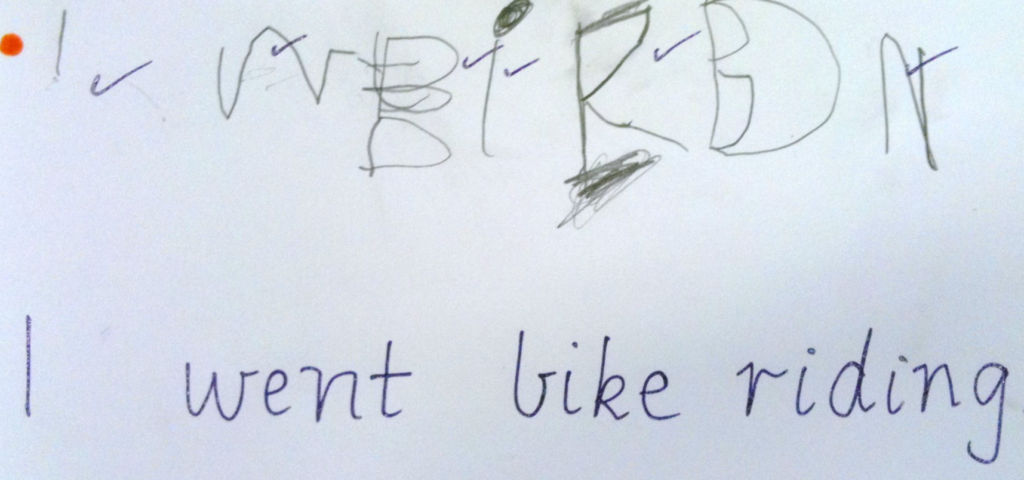
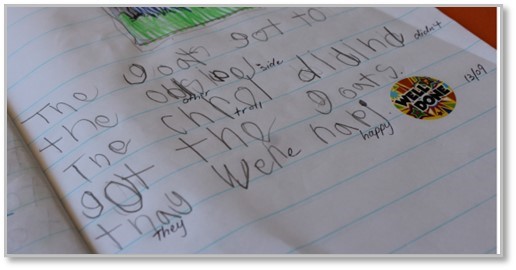
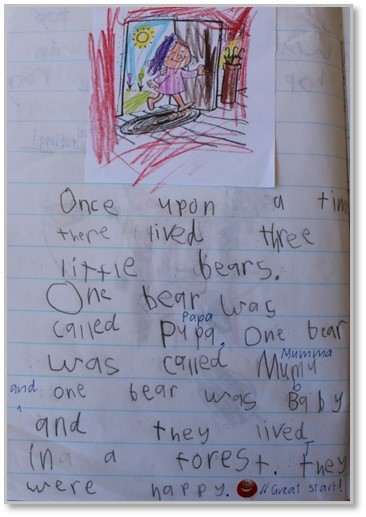
Will there be parent training in ILR?
As part of the Virtual Learning Community’s preparation for online parents and coaches, there will be both live and recorded opportunities to learn about the ILR program and methodologies. This will come with useful resources and tools to assist folks at home to outwork the program in the home setting. Dates for this training or how to access to pre-recorded training sessions, will be posted at the beginning of 2023.
Author: Mike Collins, VLC Curriculum Developer
Any further questions or enquires please contact us at vlc@hillcrest.qld.edu.au


